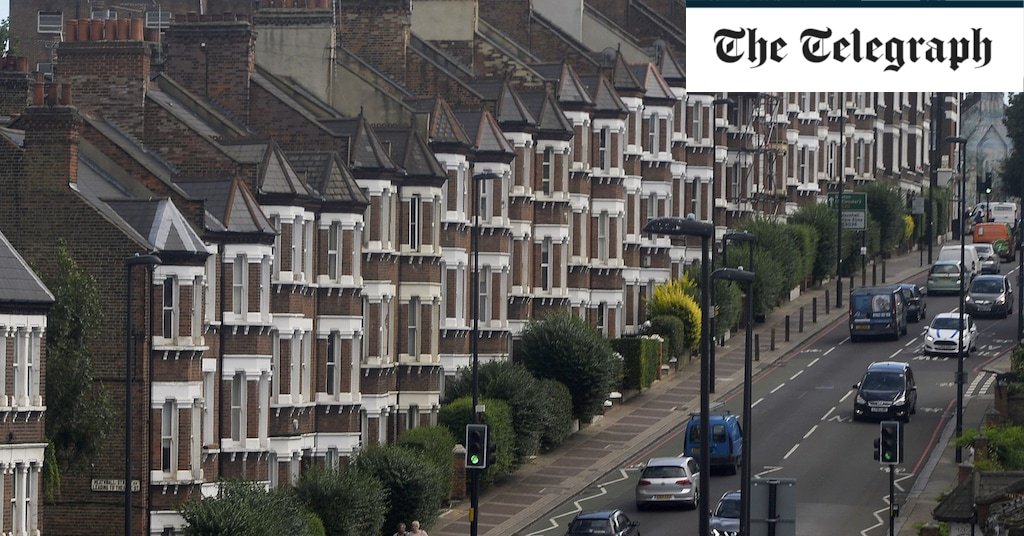“Investment assets have faced an uphill struggle just to maintain their real value in the face of inflation,” Mr Hollands said.
This decline in purchasing power means someone who bought an investment property three years ago for £450,000 and sold it today for £495,000 would have made a return of -11pc, due to the value of money eroding by 21pc in real terms, while their nominal gain was just 10pc. As well as suffering a post-inflation loss, the investor would then have to pay tax on their £45,000 gain.
Only £3,000 of this would be shielded from tax, so assuming the investor is a higher-rate taxpayer the bill would come to £10,080 – almost £1,000 more than if they had sold up two years ago when the exemption was £12,300.
Basic-rate taxpayers are charged 10pc on their profits from selling shares, whereas higher-rate taxpayers are charged 20pc. The rates are 18pc and 24pc respectively for sales of property.
The Budget contained a modest gift for second home owners in the form of a capital gains tax rate cut. Landlords and second home owners disposing of a property now pay 24pc as opposed to 28pc – a saving of around £3,000 for a higher-rate taxpayer selling a £100,000 house.
Yet despite this, taxpayers have been paying more capital gains tax than ever before.
The latest figures show that a record 394,000 taxpayers forked out £16.7bn in capital gains tax in 2021-22, a higher sum than in any year previously.
Mr Hollands said: “For many traditional Tory voters, the rising tax burden under the Conservatives is one of the most contentious issues, with ballooning numbers of people paying the higher rates of tax, record inheritance tax receipts and what feels like a hostile attitude towards risk takers.”



